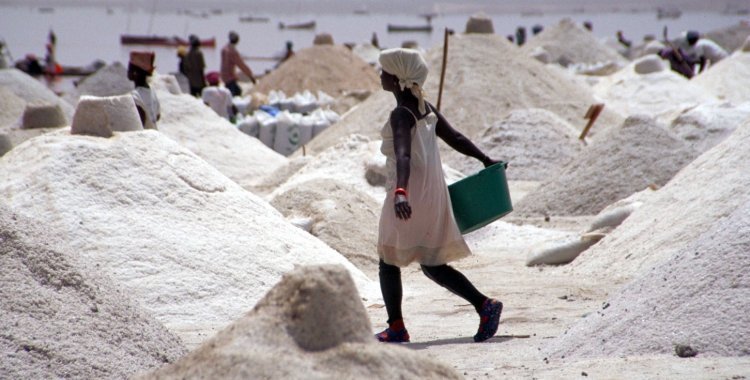Heiman Sou said that the event will feature eight exhibitors of food products, including wine, olive oil and honey from Portugal, coffee from Timor-Leste, sea salt from Angola and cashew from Mozambique.
The market will also have 16 exhibitors of other products, including ceramics, handicrafts, soaps, fragrances and decoration, added the general director of Sardinia Macau, a company that also resells Portuguese products in Hong Kong and mainland China.
In addition to free entry for visitors, participation in the event, at Albergue da Santa Casa da Misericórdia, is also free for exhibitors.
The objective is to "support" companies that sell products from Portuguese-speaking countries "to increase their sales and at the same time restore consumer optimism", underlined the organization of the Lusophone Market.
"The recent pandemic outbreak has created an unprecedented challenge for all businesses in Macau, especially small and medium-sized enterprises," the organization added in a statement.
From June 18th, Macau faced the worst outbreak of covid-19 since the beginning of the pandemic, leading to a drop of 98.8 percent in annual terms in the number of visitors in July, strongly affecting the region's economy, dependent on the tourism.
The financial situation has become "pretty bad, there on a tightrope", Asai Cheung, founding partner of PRRC Portuguese Restaurants & Retail Concepts, which operates several Portuguese restaurants and stores, told Lusa.
This year, Beijing's zero-case policy has led to the imposition of lockdowns in several cities, including the financial capital Shanghai, and "harmed" importers of Portuguese-speaking products, said Heiman Sou.
"We had to bet on promoting our products in different cities in mainland China", added the businessman.
The Lusophone Market has the support of the Consulate General of Portugal in Macau and Hong Kong, the Portuguese Bookstore in Macau and the Macau Trade and Investment Promotion Institute.
The first edition is aimed primarily at residents, but Heiman Sou hopes that the event will become "a tourist attraction in the future", with "diverse cultural shows and more exhibitors".
"Everything really depends on the response of exhibitors and visitors. We hope to organize [the Lusophone Market] at least twice a year or even once a quarter", added the businessman.
Another future objective is to expand the event beyond the Santa Casa da Misericórdia Hostel, said Asai Cheung.
The businessman also wants to launch other events related to the kitchen, including a festival of Lusophone gastronomy.







